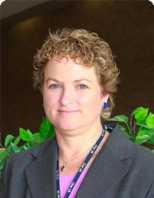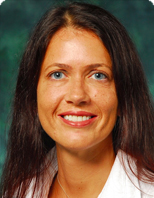Tuesday, January 28, 2020
MI Senate Binsfeld Office Building
5th floor, room 5550, 201 Townsend St, Lansing, MI 48933
11:30 a.m. – 12:30 p.m.
There are major challenges facing child welfare and juvenile justice systems in the United States. According to the US Department of Health and Human Services, Children’s Bureau, there are over 430,000 children in foster care. According to the Office of Juvenile Justice and Delinquency Prevention (OJJDP), there were approximately 850,000 juvenile arrests and 45,000 juvenile offenders living in residential placements in 2016. Complex family issues, including poverty, unemployment, mental health and the abuse of alcohol and other drugs interfere with important measures of child safety, family stability and the interruption of offending trajectories.
The Child and Adolescent Data Lab began in 2015, with a mission to harness the power of data to improve outcomes for vulnerable children, adolescents and their families.
Joseph P. Ryan

Professor of Social Work, School of Social Work and Faculty Associate, Population Studies Center, ISR
Joe Ryan’s research and teaching build upon his direct practice experiences with child welfare and juvenile justice populations. Dr. Ryan is the Co-Director of the Child and Adolescent Data Lab an applied research center focused on using data to drive policy and practice decisions in the field. He is currently involved with several studies including a foster care placement prevention study for young children in Michigan (MI Family Demonstration), a study of the educational experiences of youth in foster care (Kellogg Foundation Education and Equity), a randomized clinical trial of recovery coaches for substance abusing parents in Illinois (AODA Demonstration), and a Pay for Success (social impact bonds) study focused on high risk adolescents involved with the Illinois child welfare and juvenile justice system.





